Lawrence Hardge, sentenced to 26 years in prison in 2001, claims his invention can double the battery range of electric vehicles.
WASHINGTON — The D.C. government entered into a contract with a convicted felon who claims he’s invented a way to double the range of electric vehicles.
Self-described inventor Lawrence Hardge created a small box to be installed into D.C.’s parking enforcement vehicles. Electrical engineers say this product is untested and practically impossible.
In a Facebook video from April 24, since removed, Hardge posts inside the DC’s Department of Public Works maintenance garage. The whirring sound heard are DC’s Parking Enforcement vehicles spinning tires undergoing Hardge’s testing.
"We solved numerous problems where the Chevy Bolt does not overheat," Hardge in his posted video. "We increased the mileage. We also solved some other issues."
Hardge won’t provide any pictures or diagrams of the device he claims to have created, but WUSA9 found a depiction on company news release posted on a federal website. It appears to be a black box that can be handheld with black and red wires coming from it. Hardge claims it will double the range of D.C.’s parking enforcement electric vehicles by doing what he calls “rejuvenating the battery.”

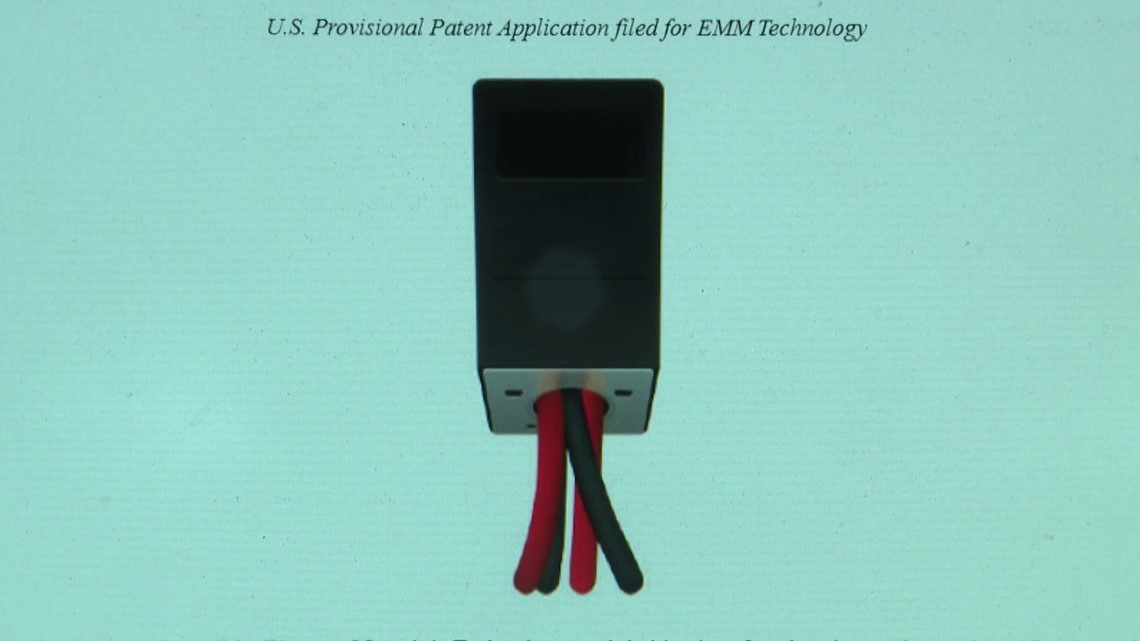
WUSA took those claims to the electrical engineering labs at the University of Maryland.
“There's not technologies that I'm aware of that can really boost that same battery pack to significantly more than 200 mile range," said Paul Albertus, associate director of the Maryland Energy Innovation Institute. "There's a variety of limitations just from basic chemical theory. There's only so much energy you can store for the materials that you put into a battery."

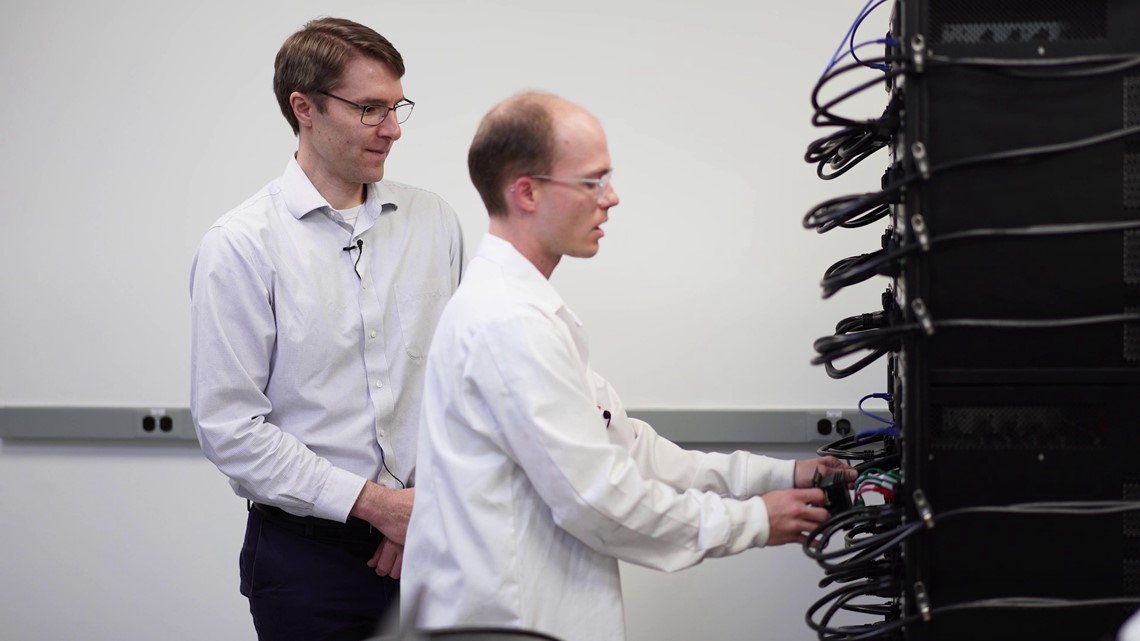
UMD’s experts add that any experimental ways to slightly re-energize a battery involve breaking it open, not wiring a box to it as Hardge claims he can do.
WUSA also told General Motors, maker of the Chevy Bolts, what Hardge is working on and asked what they know about his claims.
“We have not been involved in this project and are not aware of this specific technology," General Motors wrote in a statement.

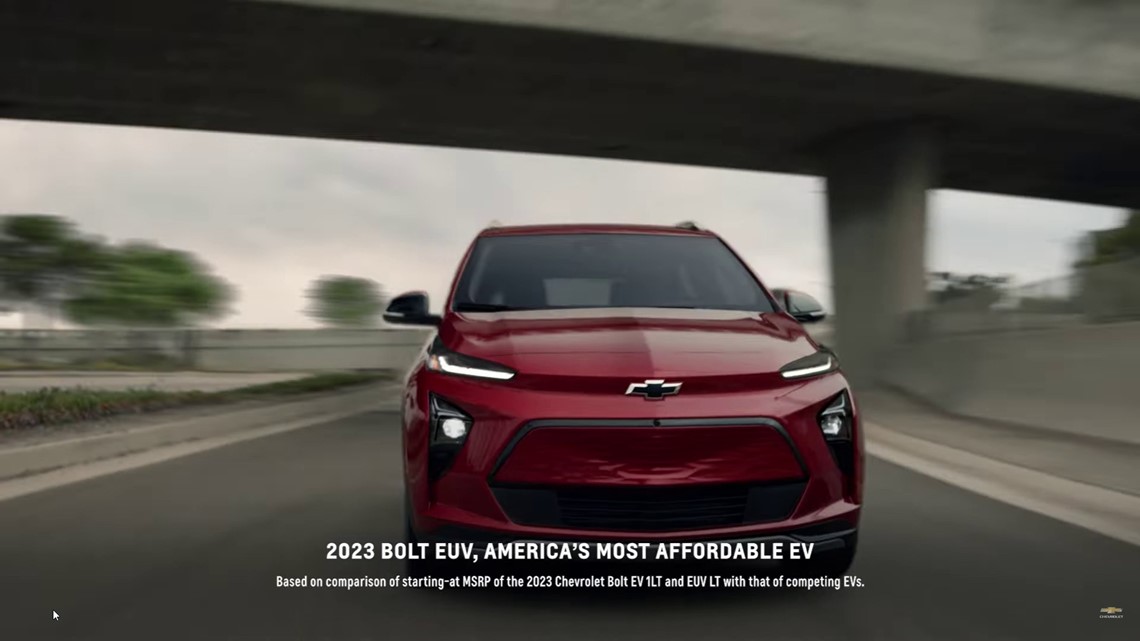
The Chevy Bolt starts at $27,000. DC government awarded a contract in February with Hardge’s company. The contract says it will cost $14,000 per vehicle to install his modules and $3,000 per vehicle for “data monitoring.” That’s a total of $680,000 taxpayer dollars to refit 40 D.C. parking enforcement cars. The contract also gives Hardge’s company exclusive space in D.C.’s maintenance bays.
Based on a report by DC DPW, the Chevy Bolt fleet used for parking enforcement were driven less than 200,000 miles in total. That amounts to an average of less than 25 miles driven per day per vehicle. D.C. did not answer WUSA's questions as to the benefit of a device costing around half of the vehicle's cost based on that amount of usage.
A spokesperson with DC’s Department of Public Works wrote in a statement, “we have been investigating new technology that would extend their life, make us work more efficiently and keep our maintenance expenses down. We learned about the EV Technologies modules when the company made a presentation during the 2022 Washington Auto Show.”

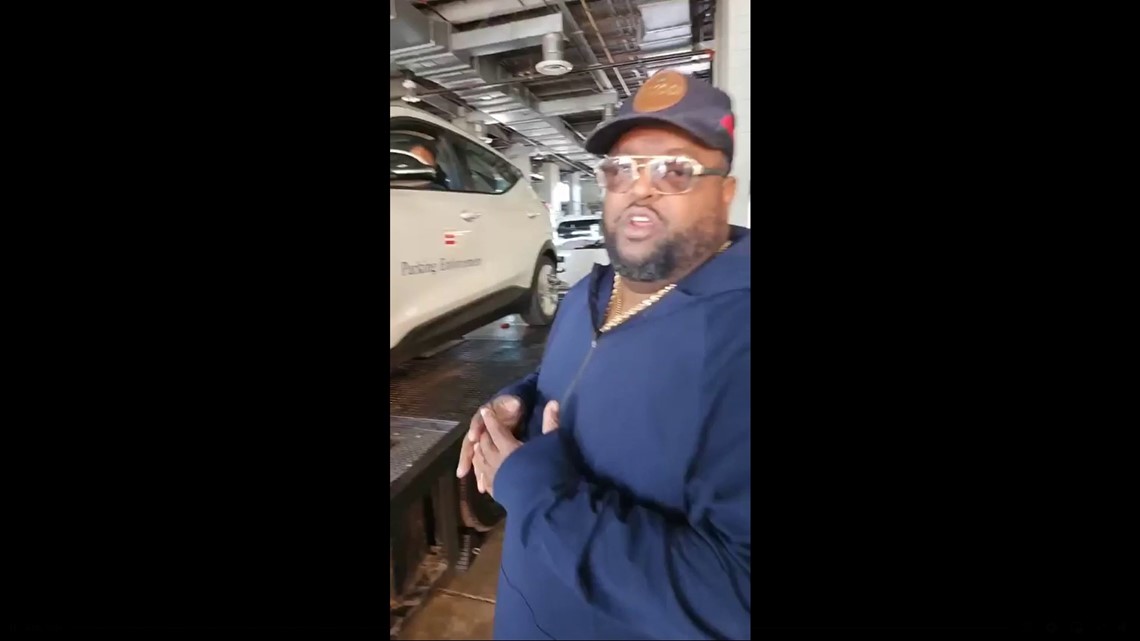
It took WUSA9 just a few hours to find out more about the man D.C. government is doing business with using taxpayer dollars.
According to a Jackson Advocate article out of Hardge's home state of Mississippi, Hardge claimed in 2022 that he "had been notified by the University of Michigan, which is located only 35 miles from Hardge Global Manufacturing offices in Farmington Hills, that he is being prepped for a possible Nobel Prize nomination by the university."
“I interviewed with the University of Michigan last year,” he said in the article. “I spent about eight hours with them. They wanted to nominate me for a Nobel Prize. They thought I was the perfect candidate."
A University of Michigan spokesperson responded to WUSA's questions with this statement: "We've checked with colleagues who would be most likely to be familiar with Mr. Hardge (Office of Research, College of Engineering, Communications) and no one is familiar with him."
When questioned about this, Hardge told WUSA9 by text that "He didn't know that was put in the papers" and that he would "get permission before I can release their names to protect their privacy as well." Hardge never reached out again with an answer."
Court documents show Hardge was sentenced to 26 years in prison for a felony conviction in 2001. He was found guilty of selling unregistered securities from his home state of Mississippi. Hardge served five years in prison and tried to expunge, or wipe, his criminal record in 2021. A Mississippi judge rescinded Hardge’s temporary felony expungement in March 2022, after a judge’s order shows allegations surfaced that Hardge used business investor’s money to repay the people he defrauded in 2001.
WUSA9 asked the D.C. government whether it knew that Mississippi court records consider Hardge a convicted felon before it signed a contract with him.
A spokesperson with DC Office of Contracts and Procurement responded that the department wasn’t aware of that until the day WUSA9 informed them and that it is “actively investigating the situation.”
Hardge declined to show WUSA his EV module, saying in a text (corrected for grammar), “I truly appreciate you. People's don't know the half of what I do and have done. I never broke any laws." He added, "My technology speaks for itself. I would love to answer your questions however I have been placed under a strict non-disclosure agreement. I can’t discuss anything regarding D.C.”


On Facebook, Hardge posted a video, since taken down, claiming, "right now, we’re doing 40 cars. After we’ve completed with the 40, there’s thousands more that they are looking into for us to resume."
And yet, on June 19, Hardge posted on Facebook answering investors for a partner company calling for more tests of his EV battery module: "No, I did not do the tests. I have no intention of doing the tests. Life goes on. I’m at peace."
D.C. adds that all 40 units have to work for Hardge to be paid and that no money has been exchanged yet.
But WUSA9's questions remain: How did a convicted felon with an invention not independently tested and deemed impossible by experts get a lucrative contract with the D.C. government, and access to government equipment? We’ve asked D.C. government to explain that to us, but they’ve declined an interview.
.png)
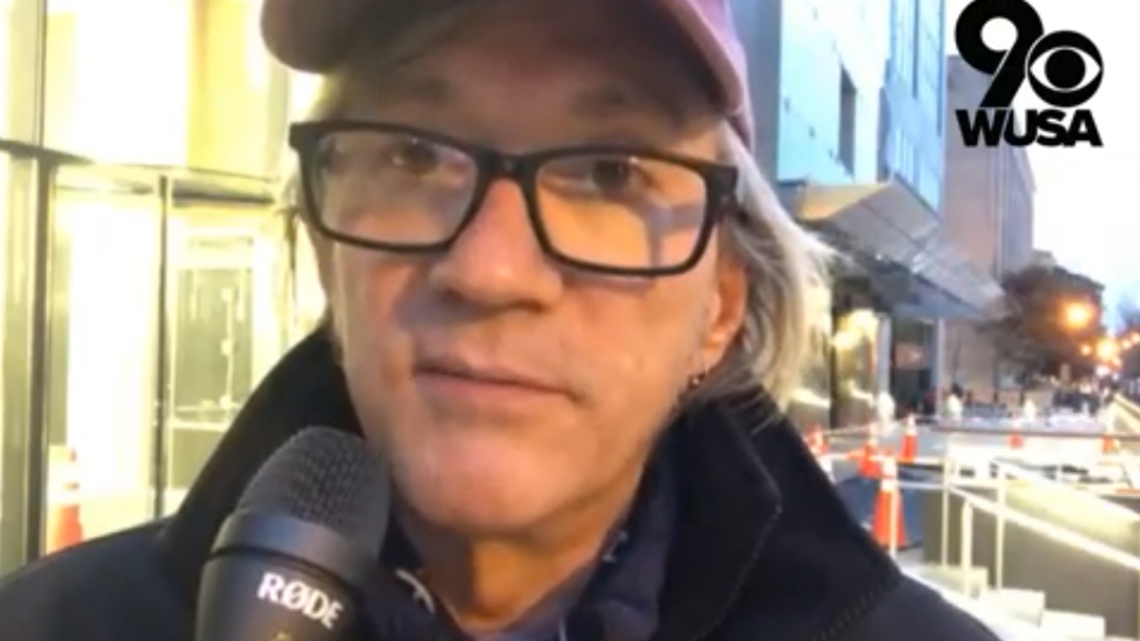








 English (US) ·
English (US) ·